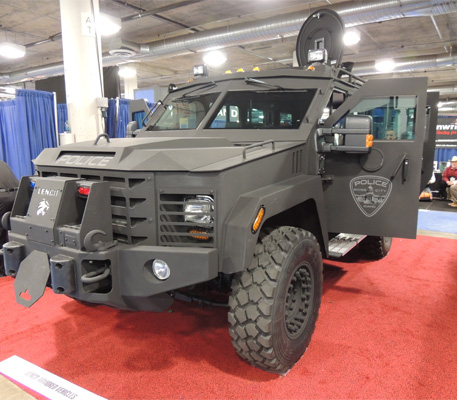
Rndballref
20 Years Experience
Chicago, IL
Male, 60
For twenty years I officiated high school, AAU and park district basketball games, retiring recently. For a few officiating is the focus of their occupation, while for most working as an umpire or basketball referee is an avocation. I started ref'ing to earn beer money during college, but it became a great way to stay connected to the best sports game in the universe. As a spinoff, I wrote a sports-thriller novel loosely based on my referee experiences titled, Advantage Disadvantage
Team possession ends when the shot goes up. If the ball touches an offensive player's hand, but he does not direct or control the ball, team possession has not been re-established and therefore no backcourt violation.
You are correct. The ball is dead after a goal is made, when it is apparent that a free throw is unseuccessful, when it is to be followed by another free throw or a throw in, a held ball occurs, a player/team control foul is called, most of the time when the whistle blows, a free throw violation, or a time out.
The ball becomes live on a jump ball when it is tossed by the referee, when it is at the disposal of th thrower on a throw in, or on a free throw when it is at the disposal of the shooter.
In NFHS rules you NEVER award free throws for a player control foul UNLESS the foul is also flagrant (which I have never seen). It doesn't matter if the team is in the bonus.
As far as over the back, you should know that there is no foul defined in the rule book for over the back. Illegal contact (pushing someone from behind, for example) is either a common foul, a team or player control foul, foul in the act of shooting, technical, intentional or flagrant. If the ball is loose (also not defined in the NFHS rule book) - I think you mean no team control - then illegal contact is a common foul and free throws will be shot if in the bonus.
I was taught in this scenario to call a foul as soon as the post player starts a dribble or makes a move toward the basket (or shoots) . If the post player gives up the ball, pass on the foul call.
Meter Maid
 Is it tough to have a job that consists exclusively of ruining peoples' days?
Is it tough to have a job that consists exclusively of ruining peoples' days?
Server / Bartender
 How much more do female servers get tipped?
How much more do female servers get tipped?
Police Officer
 Can I become a cop if I have misdemeanors on my record?
Can I become a cop if I have misdemeanors on my record?
There is no restriction on a throw in of a player bouncing the ball - unless the referee interprets the bouncing to be a pass which first hits out of bounds. If it is clearly a dribble, no issue.
I am not sure what you mean by trap. Are you saying the defender steps closer and prevents the dribbler from moving because of the outstreched arm of the dribbler? Then yes, the defender can move as long as he is entitled to the spot on the floor. But if you are saying the defender somehow holds the arm of the dribbler it is a common foul. If I have missed the point of your question rephrase it and I will try again.
This is a close one. Who is entitled to a space on the floor? Answer: the player who gets there before another player leaves his feet to get to the same space. If in your example the defender is "riding" your backside in lockstep towards the basket, each of you are entitled to the straight line toward the endline. So unless either player leans into the other and dislodges, I would say incidental, legal contact.
-OR-
 Login with Facebook
Login with Facebook (max 20 characters - letters, numbers, and underscores only. Note that your username is private, and you have the option to choose an alias when asking questions or hosting a Q&A.)
(A valid e-mail address is required. Your e-mail will not be shared with anyone.)
(min 5 characters)
By checking this box, you acknowledge that you have read and agree to Jobstr.com’s Terms and Privacy Policy.
-OR-
 Register with Facebook
Register with Facebook(Don't worry: you'll be able to choose an alias when asking questions or hosting a Q&A.)